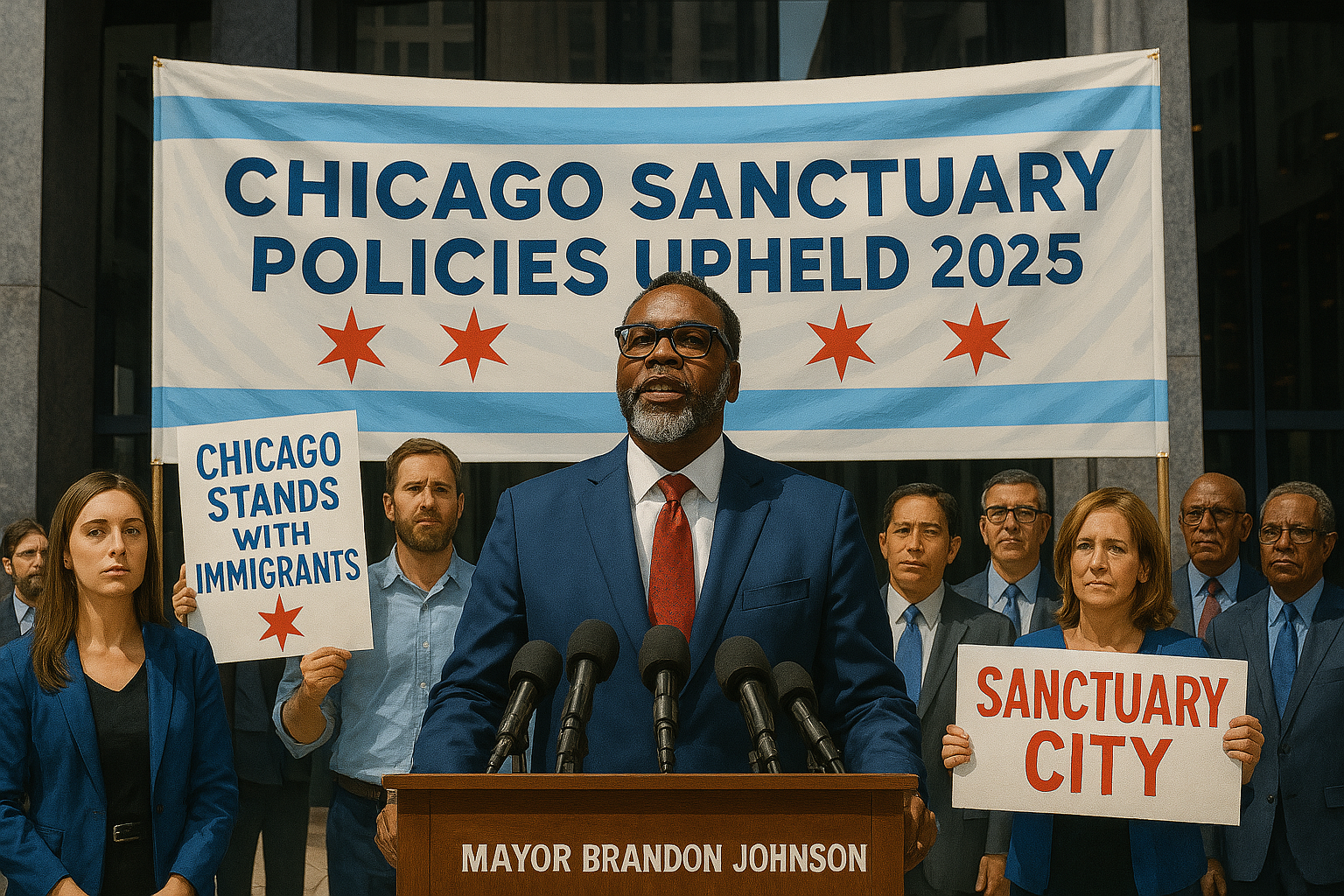Immigration Raids and Gunfire: The Volatile Intersection of Cannabis Legalization and Federal Prohibition

CALIFORNIA – A recent series of events in Southern California has thrust a simmering conflict into the national spotlight: the volatile intersection of state-level cannabis legalisation, persistent federal prohibition, and the often forceful hand of immigration enforcement. What began as routine immigration raids on state-licensed cannabis farms quickly escalated into chaotic scenes involving protests, clashes with federal agents, and even reports of gunfire, leaving one worker dead and hundreds arrested. These incidents ignite a crucial, and increasingly urgent, debate: Is this armed confrontation the new reality of cannabis legalisation in a nation still grappling with conflicting laws, and how does immigration enforcement fit into this dangerous mix?
The Legal Labyrinth: Federal Prohibition vs. State Legalisation
The core of this escalating tension lies in the fundamental disconnect between federal and state laws regarding cannabis. While over two dozen states have legalised cannabis for medical or recreational use, the plant remains classified as a Schedule I controlled substance under the federal Controlled Substances Act. This federal stance means that, regardless of state laws, cultivating, distributing, or possessing cannabis is still a federal crime. This legal duality creates a complex and often perilous environment for businesses operating within the state-legal cannabis industry and for the individuals employed within it.
AI Insight: From a legal and policy perspective, this conflict represents a significant challenge to the principle of federalism. States, exercising their Tenth Amendment rights, have moved to regulate and tax a substance that the federal government continues to outlaw. This creates a legal grey area where state-licensed businesses operate under the constant threat of federal intervention. The recent raids highlight that this threat is not merely theoretical but can manifest in tangible, and sometimes violent, confrontations. The lack of a clear, unified federal policy on cannabis forces state-legal businesses and their employees into a precarious position, operating in an industry that is both legitimate under state law and illicit under federal law.
Immigration Enforcement in the Green Rush: A New Front
The involvement of federal immigration agencies, specifically Immigration and Customs Enforcement (ICE) and Customs and Border Protection (CBP), adds another layer of complexity and controversy to this already fraught landscape. Reports indicate that these agencies targeted cannabis farms, leading to the arrest of approximately 200 individuals suspected of being in the country illegally. The rationale behind these raids, according to federal authorities, often includes allegations of child labour violations and other criminal activities, beyond mere immigration status.
However, critics argue that these raids are not solely about enforcing immigration laws or combating illicit activities, but also serve as a de facto enforcement of federal cannabis prohibition, using immigration status as a leverage point. The presence of undocumented workers in various agricultural sectors, including cannabis, is a known reality, and the targeting of these farms by immigration authorities raises questions about selective enforcement and the broader implications for labour rights and worker safety within the legal cannabis industry.
AI Insight: The intersection of immigration enforcement and cannabis prohibition creates a particularly vulnerable population. Undocumented workers, already hesitant to report abuses due to fear of deportation, become even more susceptible to exploitation when working in an industry that is federally illegal. This vulnerability can be exploited by unscrupulous actors, but it also places legitimate state-licensed businesses in a difficult position, as they may inadvertently employ individuals who are subject to federal immigration laws. The use of immigration raids in this context can be seen as a strategic move by federal agencies to disrupt the state-legal cannabis market, leveraging immigration law to achieve prohibitionist goals where direct cannabis enforcement might be politically or legally more challenging.
The Spark of Violence: When Laws Collide on the Ground
The recent incidents in California underscore the inherent danger when these conflicting legal frameworks and enforcement priorities collide. Reports describe chaotic scenes where federal agents clashed with protesters, deploying crowd-control measures such as tear gas and rubber bullets. Most alarmingly, there were reports of gunfire, with one individual allegedly firing a gun at officers, and tragically, one farm worker died from injuries sustained during the raid.
These violent confrontations are a stark reminder that the abstract legal conflict has very real, and potentially deadly, consequences on the ground. The presence of armed federal agents, combined with the desperation of workers fearing deportation and the passionate advocacy of protestors, creates an explosive environment. The legality of the cannabis operations under state law, juxtaposed with their illegality under federal law, creates a justification for federal intervention that can quickly escalate.
AI Insight: The escalation to violence in these raids is a critical indicator of systemic friction. When law enforcement operates in an environment where the legality of an activity is ambiguous and where the population being targeted is already marginalised, the potential for conflict increases dramatically. The use of force, even if deemed necessary by authorities, can be perceived as an overreach, further eroding trust between communities and law enforcement. This cycle of distrust and confrontation can perpetuate violence and make future resolutions even more difficult. The incidents suggest a need for clearer guidelines and, potentially, a re-evaluation of federal enforcement priorities in states where cannabis is legal.
The Broader Implications: A Question of Policy and Future
The incidents in California are not isolated anomalies but rather symptoms of a larger policy dilemma. As more states move towards cannabis legalisation, the federal government’s continued prohibition creates a patchwork of laws that is confusing, inefficient, and increasingly dangerous. The use of immigration enforcement as a tool to disrupt state-legal industries raises fundamental questions about federal overreach, states’ rights, and humanitarian concerns.
This situation also highlights the need for a comprehensive federal approach to cannabis. Without a clear and consistent policy, such confrontations are likely to continue, putting lives at risk and undermining the stability of a rapidly growing industry. The debate extends beyond cannabis itself, touching upon the future of federalism, immigration reform, and the role of law enforcement in a society with evolving legal and social norms.
Conclusion: A Call for Coherent Policy
The recent events in California serve as a sobering wake-up call. The intersection of immigration raids, state-legal cannabis farms, and violence is a dangerous manifestation of incoherent federal policy. It underscores the urgent need for a national dialogue and, ultimately, a legislative solution that reconciles federal prohibition with state-level legalisation. Until such a coherent policy is established, the risk of further armed confrontations, human tragedy, and legal ambiguity will continue to define this volatile landscape. The question is no longer if, but when, federal policy will catch up with the evolving realities on the ground, and how many more lives will be impacted in the interim.










